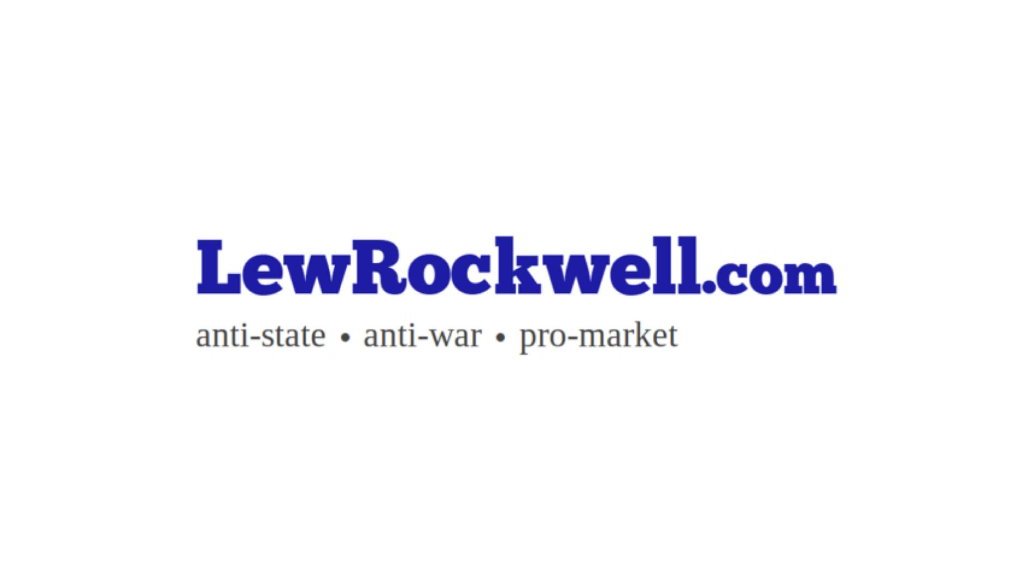Hoppe Versus Milei on Central Banking: Breaking Down the Differences
At the annual Property and Freedom conference in September 2024, Hans-Hermann Hoppe criticized Argentinian President Javier Milei. Hoppe’s critique is, in summary, that Milei compromised on principle in pursuing his goals, and that he is more like a Reagan or Thatcher than a radical libertarian. Milei responded in an interview in December, but surprisingly, he only engaged one of Hoppe’s points at any length. Hoppe had said Milei should have closed the central bank on day one, Milei responded that this would have created hyperinflation. Milei’s counterargument, like Hoppe’s initial critique, is a matter of pure theory rather than practical politics: is a central bank needed to ensure the value of fiat money?
Milei’s Bad Arguments
How would closing the central bank lead to hyperinflation, according to Milei? The argument is pretty straight-forward: the pesos in circulation in Argentina are a liability of the central bank—like all fiat money in the modern world—so if you close the central bank, they lose their value, as there is no longer any institution that promises to back or redeem the liabilities. This is no different from what happens with the liabilities of other companies and institutions.
This argument must be seen in connection with a second point, which Milei hinted at: the last period problem. A fiat money only has value to an individual because others are willing to accept it in exchange. Now, at the end of time, there will no longer be anyone left or willing to exchange. That means that, in the period just before that, no one would be willing to accept fiat money, since they knew they wouldn’t be able to spend it, and the same would then be the case in the period just before that period. And so, in a logical process of backwards-induction, we come to the conclusion that a fiat money cannot have any value today, since it would not have any value at the end of time.
If the last period problem destroys the value of fiat money, the central bank or some other institution is needed to provide some positive value to money. Yet how does it do this if there is no redemption of money into something else? The answer is what is called the asset-backing theory of money. Backing theorists assert that money is in fact backed by and redeemable into something—the obligation to pay taxes in standard money, or the loans and bonds on the balance sheet of the central bank. This is no different today than on the gold standard, except that, on the gold standard, redemption in gold was a third possibility.
Thus, the Spanish economist Juan Ramón Rallo in his defense of Milei argues that the central bank is crucial for the supply of money and that the assets that it holds determine the value of the currency it issues. What makes the peso a bad, inflationary money is the quality of the assets backing it, not the rate of inflation, and removing all backing from the peso—the consequence of abolishing the central bank—would drive the value of the peso to zero, resulting in a hyperinflation, as Milei stated. While the asset-backing theory of money is not widely known, it has a long pedigree. Its modern formulation stems primarily from the economists Thomas Sargent and Neil Wallace, but it is really just a modern version of the old real bills doctrine. It is thus no surprise that Ral
Article from LewRockwell

LewRockwell.com is a libertarian website that publishes articles, essays, and blog posts advocating for minimal government, free markets, and individual liberty. The site was founded by Lew Rockwell, an American libertarian political commentator, activist, and former congressional staffer. The website often features content that is critical of mainstream politics, state intervention, and foreign policy, among other topics. It is a platform frequently used to disseminate Austrian economics, a school of economic thought that is popular among some libertarians.




